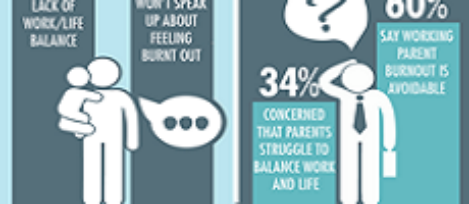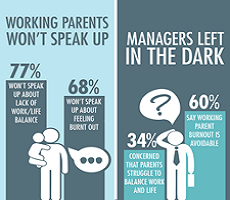October 28, 2015
UK firms turn to flexible working and wellbeing to bridge productivity gap 0
 It’s not just larger organisations and governments that are having to grapple with the UK’s persistent ‘productivity puzzle’ but also smaller businesses who are increasingly turning to flexible working and other people centric initiatives to address the problem. That is one of the main findings of a new report from trade association Group Risk Development (GRiD). According to their survey, nearly a quarter of employers (23 percent) believe productivity is an issue facing their business. According to the office for National Statistics (ONS) this is a common problem across the entire UK economy as output per hour is stubbornly around 20 percent below the average for all G7 economies. This is the widest gap ever recorded and, according to GRiD is driving employers to seek ways of addressing their own shortfall with flexible working and wellbeing initiatives as well as investment in new equipment and technology.
It’s not just larger organisations and governments that are having to grapple with the UK’s persistent ‘productivity puzzle’ but also smaller businesses who are increasingly turning to flexible working and other people centric initiatives to address the problem. That is one of the main findings of a new report from trade association Group Risk Development (GRiD). According to their survey, nearly a quarter of employers (23 percent) believe productivity is an issue facing their business. According to the office for National Statistics (ONS) this is a common problem across the entire UK economy as output per hour is stubbornly around 20 percent below the average for all G7 economies. This is the widest gap ever recorded and, according to GRiD is driving employers to seek ways of addressing their own shortfall with flexible working and wellbeing initiatives as well as investment in new equipment and technology.
























 A new meta analysis compiled by researchers from Harvard Business School and Stanford University raises questions about the way Government and organisational policies designed to tackle the problems of work related health costs in the United States have largely ignored the health effects of ‘psychosocial workplace stressors’ such as high job demands, economic insecurity, and long work hours. The analysis of 228 existing studies assessed the effects of ten workplace stressors on four specific health outcomes. The researchers claims that job insecurity increases the odds of reporting poor health by about 50 percent, high job demands raise the odds of having a diagnosed illness by 35 percent, and long work hours increase mortality by almost 20 percent. They argue that any policies designed to address these issues should account for the health effects of the workplace environment.
A new meta analysis compiled by researchers from Harvard Business School and Stanford University raises questions about the way Government and organisational policies designed to tackle the problems of work related health costs in the United States have largely ignored the health effects of ‘psychosocial workplace stressors’ such as high job demands, economic insecurity, and long work hours. The analysis of 228 existing studies assessed the effects of ten workplace stressors on four specific health outcomes. The researchers claims that job insecurity increases the odds of reporting poor health by about 50 percent, high job demands raise the odds of having a diagnosed illness by 35 percent, and long work hours increase mortality by almost 20 percent. They argue that any policies designed to address these issues should account for the health effects of the workplace environment.







October 7, 2015
Why Jeremy Hunt is wrong about the need to work long hours 0
by Mark Eltringham • Comment, Flexible working, Wellbeing, Workplace
(more…)